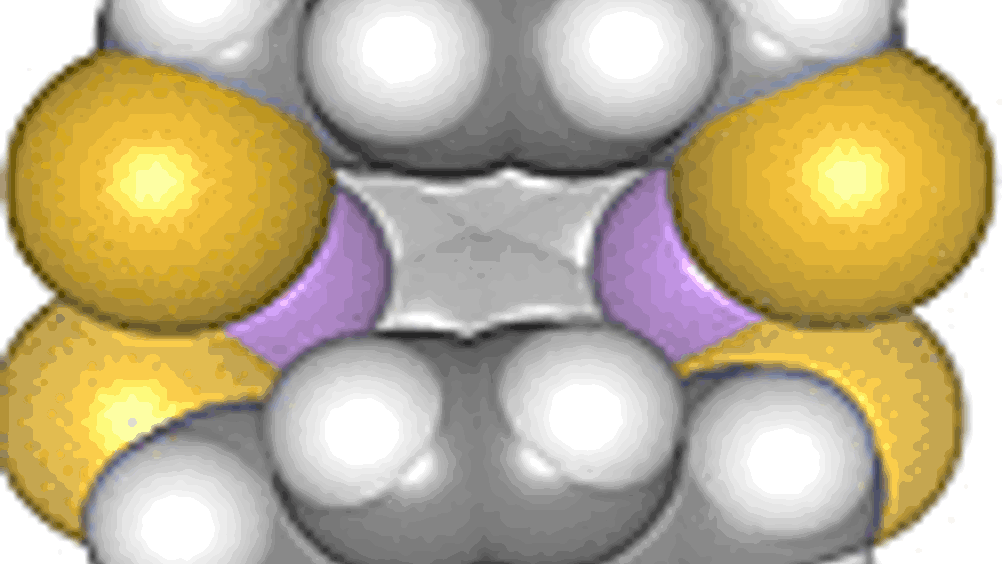Arsenic-free water
A way to provide arsenic-free water to people in South Asia who are exposed to high levels of the poison in groundwater has been developed by UK researchers.

Researchers at Queen’s University Belfast have helped develop a way to provide arsenic-free water to millions of people in South Asia who are exposed to high levels of the poison in groundwater.
Currently over 70 million people in Eastern India and Bangladesh experience involuntary arsenic exposure from consuming water and rice, which is the main staple food in the region. This includes farmers who have to use contaminated groundwater from minor irrigation schemes.
It is estimated that for every random sample of 100 people in the Bengal Delta, at least one person will be near death as a result of arsenic poisoning, while five in 100 will be experiencing other symptoms.
Leading an international team, Queen’s researchers have developed a trial plant in Kasimpore, near Calcutta, which offers chemical-free groundwater treatment technology to rural communities for all their drinking and farming needs.
The idea behind the plant is based on recharging a part of the groundwater, after aeration, into a subterranean aquifer (permeable rock) able to hold water. Increased levels of oxygen in the groundwater slows down the arsenic release from the soil. At higher dissolved oxygen levels, soil micro organisms, as well as iron and manganese, reduce the dissolved arsenic level significantly.
Register now to continue reading
Thanks for visiting The Engineer. You’ve now reached your monthly limit of news stories. Register for free to unlock unlimited access to all of our news coverage, as well as premium content including opinion, in-depth features and special reports.
Benefits of registering
-
In-depth insights and coverage of key emerging trends
-
Unrestricted access to special reports throughout the year
-
Daily technology news delivered straight to your inbox










Water Sector Talent Exodus Could Cripple The Sector
Maybe if things are essential for the running of a country and we want to pay a fair price we should be running these utilities on a not for profit...